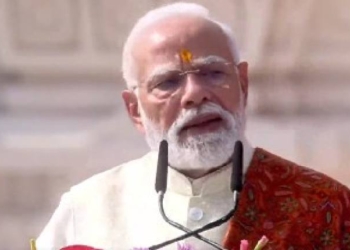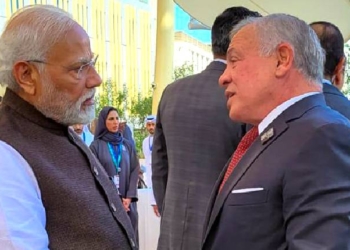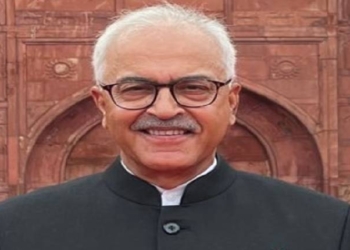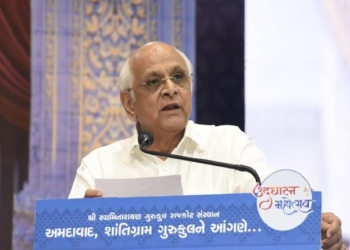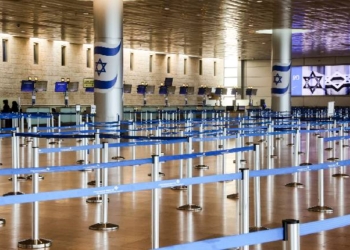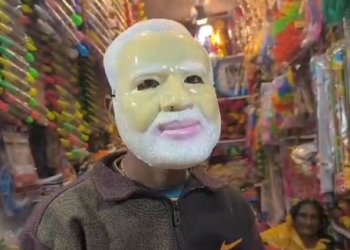New Delhi: The Delhi High Court on Monday declined early hearing of a plea filed by Delhi University (DU) in 2017, challenging the Central Information Commission’s (CIC) order directing the varsity to allow inspection of records pertaining to the students who cleared the BA programme in 1978, the same year Prime Minister Narendra Modi reportedly cleared the examination.
Justice Subramonium Prasad presided over the hearing and listed the case for October 13, the date mentioned in the main petition.
The court acknowledged the early hearing application filed by Right To Information (RTI) activist Neeraj Kumar. Senior advocate Sanjay Hegde, representing Kumar, informed the court that the case has been pending for a long time, warranting an expedited hearing.
Justice Prasad responded: “The matter is listed for October. Take it from me, it will be disposed of then, provided I continue in the roster. It doesn’t impress why it (advancing) should be done. Sympathies apart… We’ll just say issue notice. List on the date already fixed.”
Kumar had submitted an RTI application seeking the results of all the students who appeared in the BA examination in 1978, including their roll numbers, names, marks, and pass/fail status.
The Central Public Information Officer (CPIO) of DU denied the information, citing it as “third party information”. The RTI activist had then appealed to the CIC.
In its 2016 order, the CIC stated: “Having examined the case, the synonymous legislations and previous decisions, the Commission states that matters relating to the education of a student (current/former) fall under the public domain and hence order the relevant public authority to disclose information accordingly.”
The CIC observed that every university is a public body and that all degree-related information is available in the university’s private register, which is a public document.
Delhi University, represented by Solicitor General Tushar Mehta, had stated that it had no objection to providing information on the total number of students who appeared, passed, or failed in the examination.
However, on the request for detailed results of all students, including roll numbers, names with father’s name, and marks, the university argued that such information was exempted from disclosure.
It contended that the information contained personal details of all students who pursued the BA programme in 1978 and was held in a fiduciary capacity.
After the order was stayed by Justice Sanjeev Sachdeva, the case was assigned to five different judges over the years due to routine roster changes.
In one of the hearings in February 2019 before Justice Anup J. Bhambhani, the case was consolidated with a batch of petitions that raised questions regarding the interpretation of Sections 8(1)(e) and (j) of the RTI Act.
The information requested in all these cases pertained to examination results, details of the results, educational qualifications, and other related matters concerning students.
Justice Bhambhani’s order emphasised that the court will also consider other relevant provisions of the law while interpreting the aforementioned two statutory provisions.
(IANS)




